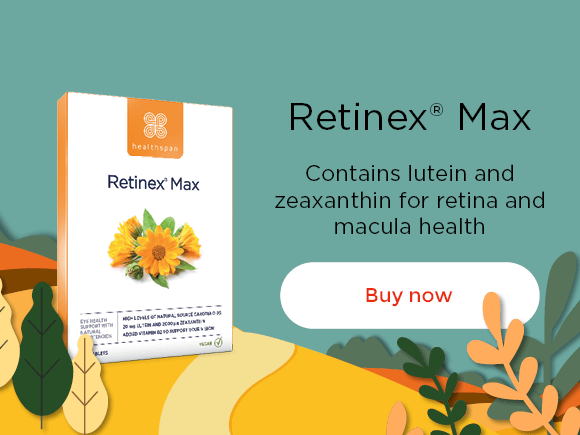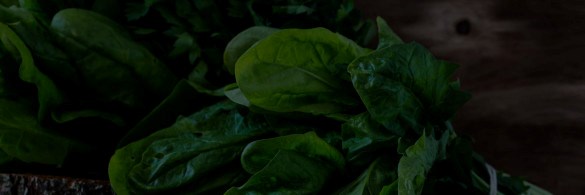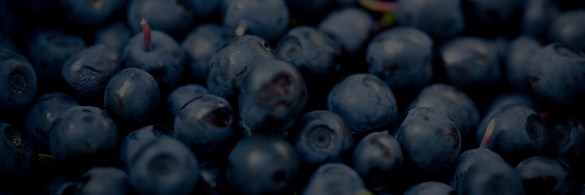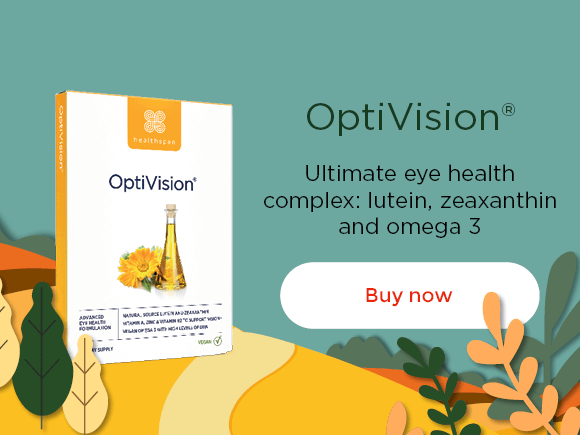From looking after your retina and macula, to dry eyes and blue light, here's what you need to protect your vision. With expert advice from Dr Hilary Jones.

"Even those of us with normal eyesight know we'll need glasses at some point, even if just to read small print. This is because the lens becomes less able with age to focus images on the retina.
"But changes can occur in every part of the eye, due to age or injury, illness, exposure to ultraviolet light or other issues. Some changes may even lead to life-changing blindness. This is where regular eye tests, good eye care routine, less screen time and essential nutrients can really help."
Dr Hilary Jones, GP and Medical Advisor to Healthspan
Retina and macula health
The retina is the light-sensitive membrane at the back of the eye. It acts like the film in a camera, capturing images that it sends to the brain to develop. The part richest in cells and responsible for the most detailed vision is the macula.
The retina itself can detach or deteriorate, but when the macula degenerates, as it often does with age, significant visual loss and life-changing problems with eyesight can follow.
These are carotenoids (pigments found in yellow and red fruits and vegetables), which are powerful antioxidants and protect our eyes from damage and deterioration. They absorb harmful blue light – a form of ultraviolet light emitted by computers, televisions, and smartphones – and are essential for the health of the macula, the part of the retina devoted to acute detailed central vision.
People diagnosed with age-related macular degeneration (AMD) have 70% less pigment than those with normal vision, and since our diet is significantly lacking in carotenoids, a daily supplement dose of at least 10 mg lutein and 1000 µg zeaxanthin should be taken long before symptoms occur.
Retina and macula health advice
Dry eye syndrome (DES)
DES affects at least one in 20 people (well over 3 million in the UK) causing dry, scratchy, itchy, stinging and red eyes, with increased sensitivity to light and sometimes blurred vision.
Air-conditioning and pollution, central heating and excess screen time, which reduces blinking frequency, all significantly contribute to a lack of tear film on the surface of the eye, making artificial lubricating tears and lifestyle changes important.
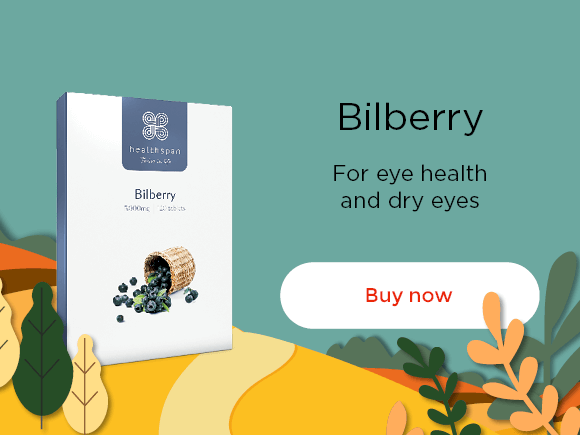
Bilberry
This lesser-known cousin of the blueberry is rich in flavonoids and anthocyanidins, which reduce oxidative stress and help alleviate dry eye syndrome and maintain normal vision. The antioxidant protective effect is enhanced in Healthspan’s Bilberry supplement thanks to the addition of vitamin B2.
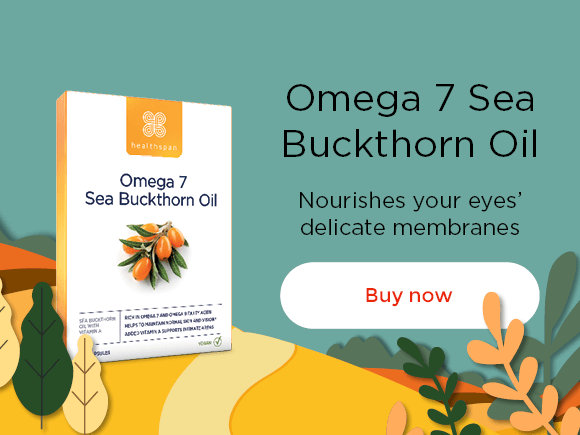
Sea buckthorn
The fruit and oil from this thorny shrub is rich in omega 6, 7 and 9 fatty acids, which are widely used in cosmetics for their moisturising properties. The additional vitamin A boosts hydration and mucosal function to help lubricate and protect dry eyes, as well as maintain good vision in dim light.
Dry eye syndrome advice
Eye health maintenance
Eye maintenance advice









